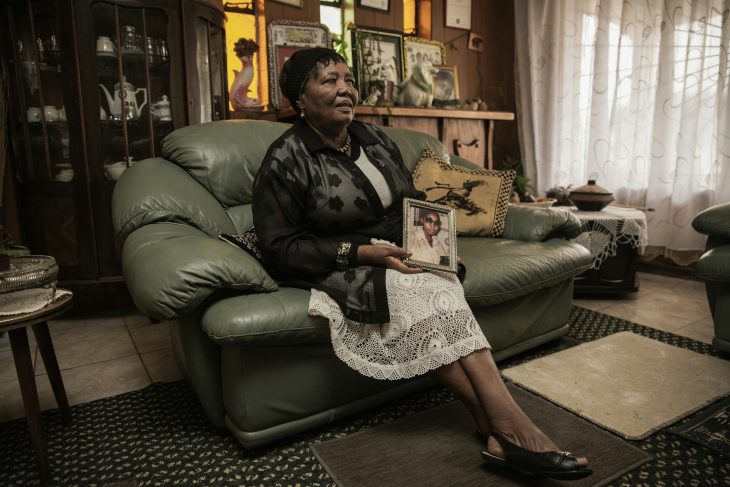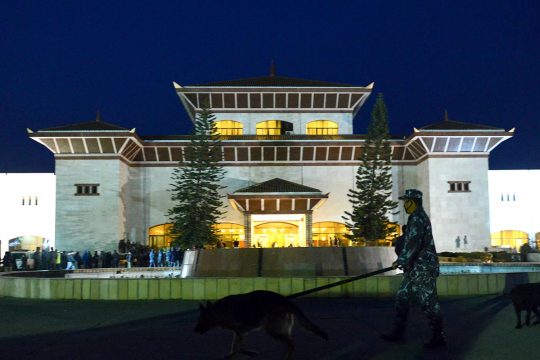The limits of transitional justice could be seen this week in places like Tunisia, Nepal, Togo and South Africa. In Nepal, several NGOs including TRIAL and REDRESS launched a campaign demanding justice for victims. The war there between government forces and Maoist rebels who are now in power left thousands of people dead, hundreds disappeared, thousands of victims of arbitrary detention, rape and torture. Ten years after the war ended, nothing real has been done in terms of transitional justice, despite government promises and the demands of the international community. There have been no trials, no official process of remembrance or reparations. Many of the suspected perpetrators are now in powerful positions in the police, army or government. It seems people in the State apparatus do not really want justice. This is why TRIAL and the other NGOs have launched this campaign and created a website where the testimonies of victims are recorded, like in Lebanon, as JusticeInfo reported last week. Ram Bhandari, who contributes regularly to our site and whose father is one of the disappeared, wrote of the significance of this struggle.
Transitional justice is also falling short in Tunisia, where the crimes of the former political police remain a well-kept secret. “Access to the archives of the political police is one of the difficulties facing the Truth and Dignity Commission as it tries to cross-check victims’ testimonies gathered in the 2,713 private hearings it has held to date,” writes Olfa Belhassine, JusticeInfo’s correspondent in Tunisia. “The archives of the political police are scattered across the multiple departments that made up this special body.”
“We believe transitional justice cannot succeed without the opening up of these documents,” says Truth Commission president Sihem Ben Sedrine.
In Togo, another forgotten country, transitional justice looks doomed. The country has been ruled since independence by the Gnassingbé dynasty which, despite the promises of the current heir to the presidency, has not settled its accounts with a dictatorial past marked by violence and abuse, which are still continuing. A Truth and Justice Commission was set up, but its work and its conclusions have never been made public.
“Truth is the basic first step needed for reconciliation amongst a people profoundly traumatized and divided by a long dictatorship and by the extent and gravity of political violence by the State,” JusticeInfo’s Togo correspondent Maxime Domegni quotes UN rapporteurs as saying. “Truth needs to be sought by shedding light in a full and objective way on human rights abuses, the nature of the circumstances and of the acts in question, establishing lists of victims, disappeared persons, assessing the goods and property that have been destroyed and who is responsible.”
“The Truth and Justice Commission has not helped the Togolese people to know more today than they did before about the crimes and who committed them,” writes our correspondent.
This week also saw the start of a potentially precedent-setting trial in South Africa of police officers accused of torturing and killing young anti-apartheid activist Nokuthula Simelane, who disappeared in 1983.
The body of Nokuthula, a pretty 23-year old South African, has never been found. Her mother, who long thought she was living in hiding, only learned in 1995 after the apartheid regime fell that she had been kidnapped and killed by police. “In our society we focus too much on reconciliation and not enough on truth,” says Janet Love of the South African human rights commission. "As long as our country fails to take responsibility for the crimes against humanity that were committed, apartheid will continue.”
An exception to these failings is Guatemala, where a court sentenced two former soldiers to 120 and 240 years in prison for forcing 15 indigenous women into sexual slavery during the civil war. The accused are guilty of "crimes against humanity, murder and forced disappearance," Judge Yassmin Barrios ruled at a hearing at a Guatemala City court on Friday.







